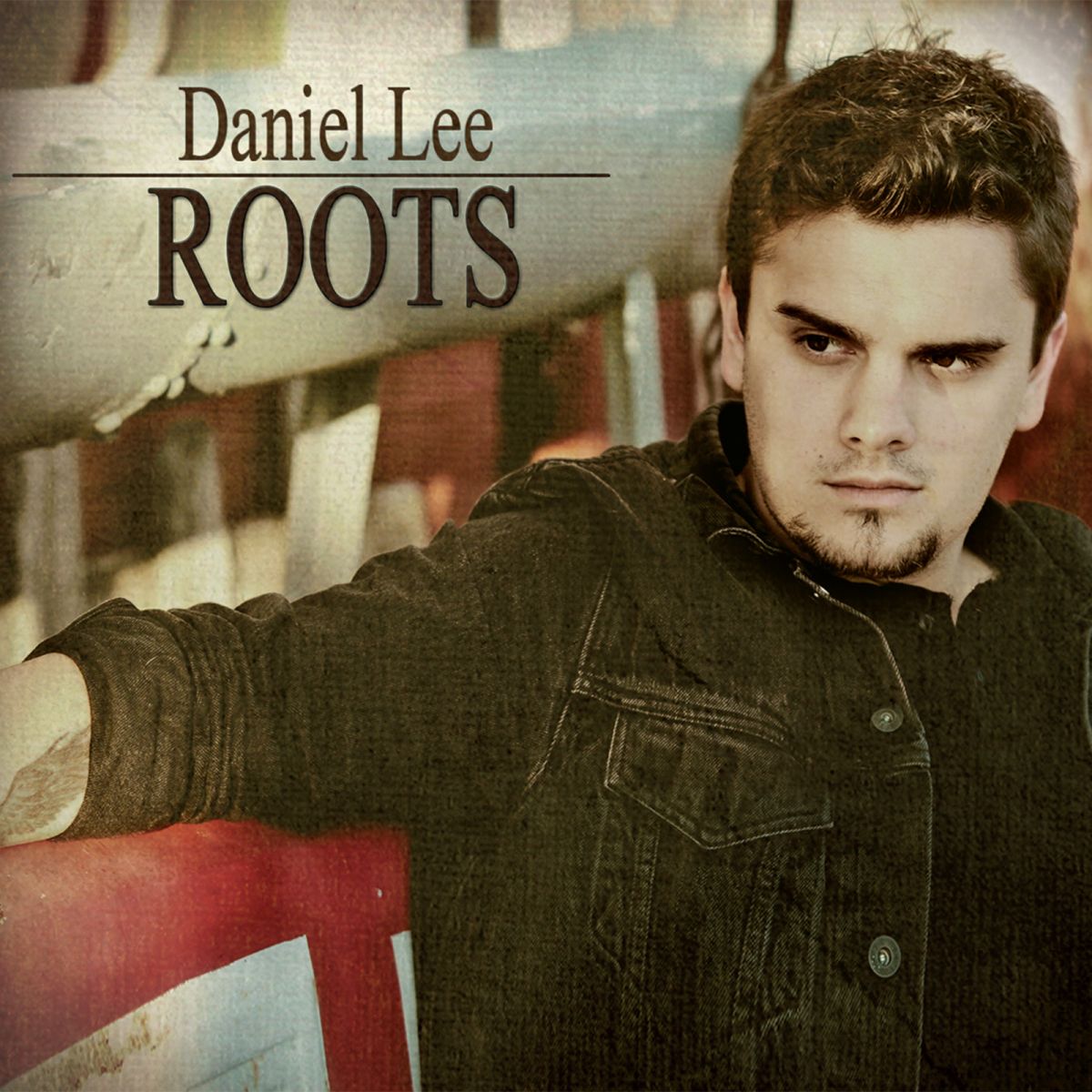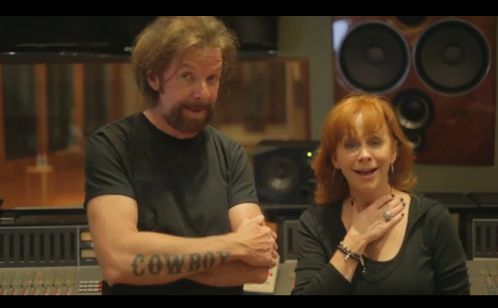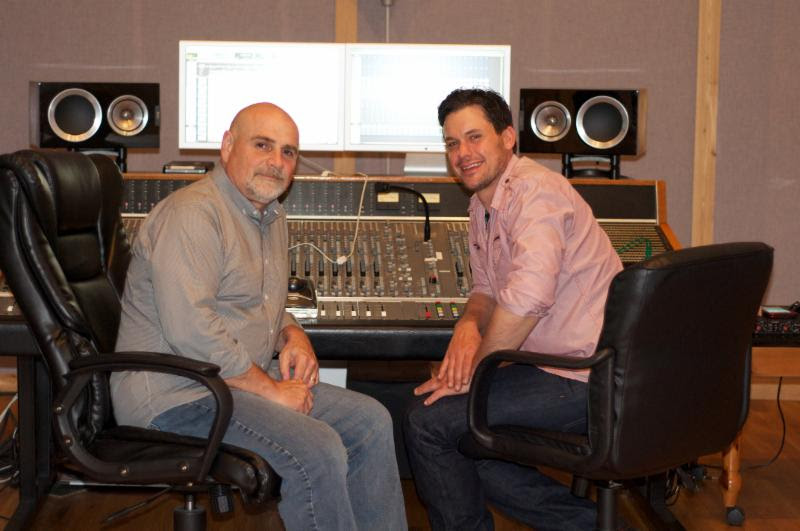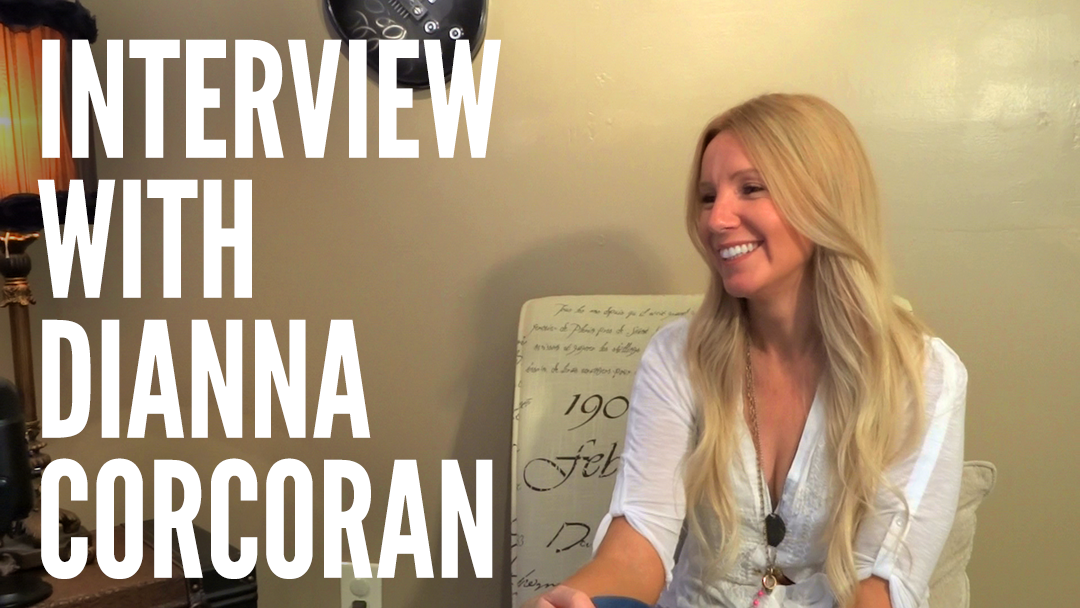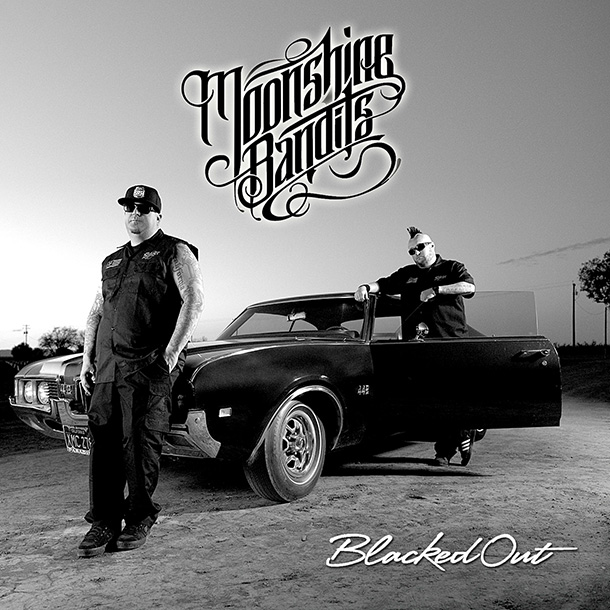LRM Interview – Daniel Lee: “This is me, this is Roots, this is where I come from.”
10 years ago Liv Carter Comments Off on LRM Interview – Daniel Lee: “This is me, this is Roots, this is where I come from.”
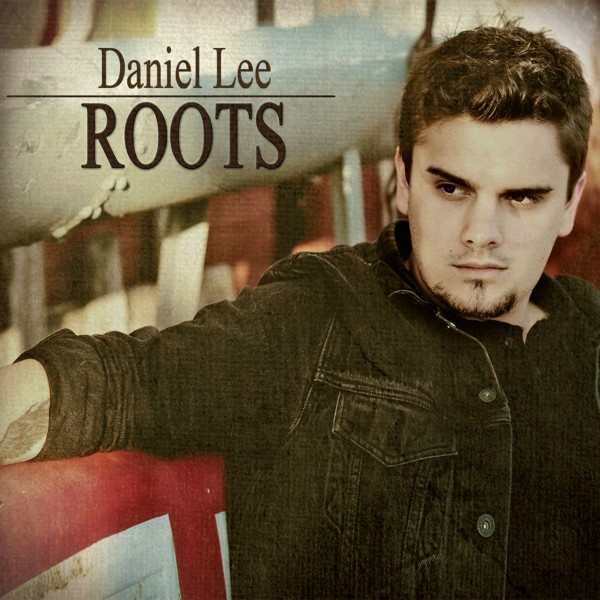
For Daniel Lee, the wait is finally over. His debut album, Roots, hits stores this week. I caught up with Daniel at his label office to discuss the material, the art of songwriting, and the process of making the album. This interview was minimally edited for clarity. LRM: This is your full-length debut album, the first time putting your music really out there. How do you feel about that? Daniel Lee: How I feel about the album coming out and saying ‘hey, this is me, this is Roots, this is where I come from,” I think every song on the album explains how I feel as far as where I’m coming from. The music itself, it’s just amazing that I got that many co-writes on my first one. I feel accomplished, more than anything, for a first album. But I can’t really explain how I feel about it. [smiles] It’s kind of like breaking through a wall that’s been set up for me for so long. It’s an amazing feeling. It’s almost like being baptized! [smiles] LRM: Have you been building your career up to this, or were you most focused on building a life on the road? DL: What I really focused on in the beginning was my writing, because that’s truly what I am first and foremost – a songwriter. And as far as being an artist, it took a while for me to get there. It took a lot of work. I’m not that sparkly kind of guy who walks on stage and bam! And I think the music itself made me the artist that I am. I try to explain what the song means and try to make the audience feel what I feel on stage. LRM: And how do you look at your live show now? DL: Now, when we go on stage it is full-on energy. I want to make the crowd feel what I feel by the time they walk out, and say “man, that was delivered the way that I wanted it to be delivered.” LRM: Georgia is all over this record. How much do you feel the place you grew up has influenced you as a writer? DL: I’ve been asked that a lot, and a lot of other artists say the same thing: it’s in the water. [smiles] I think it’s just in the surroundings and the way we were brought up. It’s a different way of life, it’s a culture. And it’s very thick in Georgia. It’s true that a lot of us Georgia artists sing about the same things, but everyone says it in their own way. There’s Florida Georgia Line, Luke Bryan, Jason Aldean, Cole Swindell, Brantley Gilbert, Colt Ford – it’s not quite the same thing because they say it in their own way. I’ve experienced what they’re talking about but I’ve experienced it in my way, so when I go to write my song, it’s not necessarily what they said. At first, sure, it was all about trucks and beer and girls. But as I progressed over the years as a writer, as an artist, as a musician, as a person, those things quickly start fading out and real life comes into the album. LRM: One of the first songs I heard from the album, and that I immediately flipped out over, is ‘For Sale Sign.’ What a great song! Where did that come from? DL: Thank you! That idea, seriously, my mind goes 90 miles an hour in ten different directions, and I had seen a for sale sign on a truck. I didn’t think about it then, it just kind of passes me. But I woke up at 5 am with these words “I got a for sale sign on this heart of mine.” I knew that it was something I had to get up and write or I would forget it. For me, what the song says is that if you could put your heart up for sale, put it on Craigslist, you know, come take it off my land, it’s just saying “hey, I’m heartbroken.” LRM: And while the heartbreak song isn’t a new thing, I hadn’t heard it put quite like this. DL: I mean, seriously, why would you want to sit down and say “I’m heartbroken”. We know that, and this is what needs to happen after the fact that we already know that you’re heartbroken. That’s the way I write, I try to say things without saying it. So people can relate to it in any way they want to, and put it in their life. LRM: The song ‘Struggleville’ is incredibly strong. Talk about that idea and the write with Brantley. DL: I was living in a place called Struggleville. There’s actually a place right outside of Statham, GA, called Struggleville! I was going through some hard times then, and I drove by that sign probably a million times, going to some dead-end job I was working at. It was raining one day and I looked up at it, and there it was on this pine, saying “Welcome to Struggeville.” And I was like “that’s the story of my life!” [smiles] I wrote down everything that I would want to say, and I took it to Brantley and showed him the idea. He was going through some things as well, and we really hit off on that song. It’s very emotional for me to say that this is where I was, the bottom of the barrel. But I think that the music behind the lyrics is what keeps it not being so over the edge. There’s a light at the end of the tunnel, in the music. LRM: Even in the lyrics really. One of my favorite lines in there says “when those rocky roads run even, you’ll see a sign that says ‘You’re now leaving’,” and more than anything else in that song, that lines has put tears in my eyes. It’s the encouragement in that line, the “I know it’s hard but it will get better, just keep driving until you see that sign.” DL: I’m so glad you said that, because that was exactly what we wanted to deliver when we wrote that song! It’s saying you may be in the worst place possible, but it’s temporarily. There’s always a way out, you just have to find it. I hope people will understand what we’re saying in that song. It’s not depressing, it’s actually uplifting. There’s hope. [smiles] LRM: ‘Slow Down Town’ is perhaps another song that you can’t write unless you’ve lived it. And I also love Dan [Couch]‘s writing. What was that write like, did you go through all the elements of small town living that you wanted to highlight? DL: When we sat down to write he pulled out a guitar and we were talking, coming up with some ideas. He said “so when’s your record coming out?” and I said I didn’t know because I was still writing it, and I said “well, you know, ain’t nothin’ fast happens round here.” So that’s when he said “Oh, I like that line.” Where we went creatively with that was really talking about roots. This is every small town. It’s every town. What we delivered in the beginning of it is the country side of things. It’s about driving through the country and people going “you know, they’ve been saying they’re gonna pave that road for so long, and it still ain’t done! And that tractor that’s been sittin’ there it needs work.” When you start looking around, you start realizing it’s just procrastination. And then part of the song is about “there’s nothing wrong with that,” you know? Some people say they want out, but they never do, and other people don’t really care and they’re just gonna be here because they want to be here. LRM: What did you take from that write? DL: Dan challenged me. He said that the structure of the song needed to be different, and he challenged me to write that. And he brought in new words too, he’s just a great wordsmith. [smiles] LRM: A song that surprised me is ‘Head Over Heels.’ The reason it did, and I hope you won’t take this the wrong way, is if someone gave me just the lyrics and asked if I liked it, I may not have thought it anything special. But your performance brings so much in that isn’t said. DL: Well, thank you! LRM: I think it shows that it’s not always about fancy phrases. You can say things very plainly, but then deliver it in a way that really brings it to life. DL: I think you said it best when you said it’s about the delivery of a song. There are lyrically smart songs on here that took me a long time to write, but ‘Head Over Heels’ was just what I was feeling in that moment and I was just like “I have got to write this down.” When I wrote this song, I kind of did it for me. It was like, hey man, you still can fall in love, and you still can be afraid of it too. Seriously, it’s terrifying, falling in love. [smiles] I think what I tried to say in that song was that it’s OK to be afraid to fall in love, it’s OK to fall in love, and it’s OK to just go with it. When I wrote that last year, I was falling in love and I was terrified of getting my heart broken again, you know. LRM: Oh, I know exactly how that feels. [smiles] And everyone does, and that’s another strength of this song. DL: Yeah. Was this one of my time-consuming songs? No, but it was seriously from the heart. And that may be the most important thing about that song. If it’s from a real place, you don’t need to get your thesaurus out and come up with the most fancy version of a word. It just needs to be real. Sometimes you just need to say it, and not beat around the bush. ‘Head Over Heels’ is just about saying “I love you, but I’m kind of scared, and do you love me but are you kind of scared?” Sometimes you just need to say things and be a little bit blunt about it, and just go this is me talking to you. LRM: I also want to mention ‘Georgia Asphalt Road.’ What was it about that song that was still you enough for you to want to record that? DL: A lot of songs were sent in for consideration and I’m usually the first to critique something because I’m a songwriter, I know what I want to say and how I want to say it. This song was one of the very few where I was like “damn, they hit the nail on the head with this one.” That first line of “she loves the smell of fresh farm tobacco” already drew me in, and I can relate to every bit of that song. I thought, hey, I would listen to this song, and if I would, let’s just put it on the record. And the way [co-writer] Chris [Janson] sang it, he did such a great job singing it that I didn’t really want to change a whole lot. And I think the way we delivered it on the album, I think it will fit just right. LRM: Let’s switch to the process of making an album, which was also new to you. And he will humbly disagree with me, but I think you were able to work with one of the best producers in town. How was that whole process for you? DL: The very first co-write I ever had when I came to Nashville was with Noah Gordon, and I think he has been more of a mentor to me, just showing me how to write songs. He made it very comfortable for me. There was no “you should do it like this,” but he would say “how do you feel about this?” It was kind of like how trainers work with boxers. [smiles] It’s like “you’re doing good here but maybe you should jab a little bit more.” He really knows how to work with somebody. And as far as being a producer, the guy is just genius, I think. He made my whole experience very memorable and very laid-back. I’m glad he was there for all this. LRM: It must be strange to after several years of building something up, to then make an album and share it. Was there ever a point where you were afraid of doing this? DL: Oh absolutely! [smiles] I was scared shitless at times. I’ve never really recorded anything. I did a demo at Brantley Gilbert’s house, maybe four or five years ago. That was my only [recording] experience. It was very different seeing how fast the process goes, and how fast those great musicians do this. They look at a chart, and it’s the number system. I’m sitting there thinking this is a foreign language to me. They go in there and they go, boom, that’s the song. And you’re sitting there going “how in the hell did they just do that so fast and make it sound that good?” It was very eye-opening for me and my band. They had never been through this process either, and it made them want to be better, and it made me want to be better. I loved every minute of it! I mean, there were times where I had to drive up here to do vocals, and then a little later had to come back up to do more vocals, and that kind of hurt a bit. But I’m never gonna forget it. It’s one of those milestones. When you’re in there doing it, you’re like “I’m really doing this, I can’t believe it!” LRM: And you only will ever have one debut album. [smiles] DL: Exactly! [smiles] LRM: What would you like people to take away from this record? DL: I want people to listen to this and to relate in any way they want to relate to it. I want them to be able to say “this is what happened to me, this is how it happened to me, and I really like the way he’s saying this.” When I write a song I make sure that I’m not too literal, because I want people to relate to my music and relate in any way they want to. I love it when people come up to me to talk about a song and they say “this is what it meant to me,” and I’ll think, holy shit, I didn’t even look at it that way! I want them to be able to listen and say “I’ve been there too.” For more on Daniel Lee and upcoming tour dates, please visit www.danielleeofficial.com. For the very latest updates, connect with Daniel on facebook.com/danielleeband and twitter.com/danielleeband.
Liv Carter
She holds several certificates from Berklee College of Music, and a certificate in Positive Psychology from UC Berkeley.
Her main influences are coffee, cats, and Alexander Hamilton.
Latest posts by Liv Carter (see all)
- Well yes, racism, but it’s more complicated - February 13, 2017
- Black River Entertainment had a great reason to party! - October 25, 2016
- Keith Urban returns to the States for US arena leg of his “ripCORD WORLD TOUR 2016” - October 10, 2016

